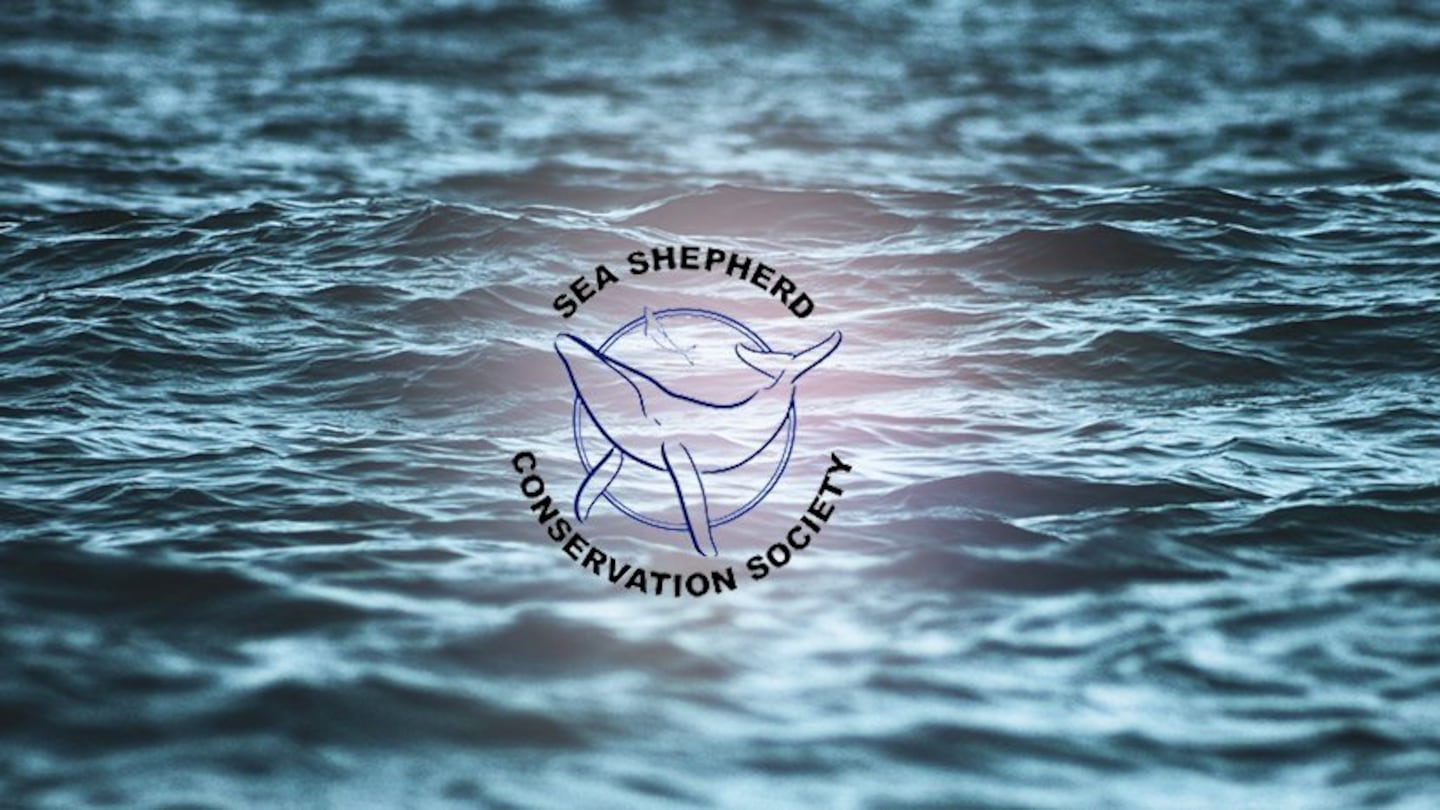Sea Shepherd managing director Michael Lawry says the fishing industry hasn’t been paying attention to the Māui Dolphin and its habitat endangerment issue and hopes the ban won from a US court to stop imports of fish from the west coast of New Zealand will get it to finally listen.
“Otherwise, we’re sending a strong signal to the government that we need tighter regulatory control over fishing, and to remove industrial trawling from the dolphins' habitat.”
It’s not just Sea Shepherd but also other non-governmental organisations that have been trying for years to garner awareness of endangered habitats via protests, petitions and the like, Lawry says.
But they’ve fallen on deaf ears, he says.
A win is a win, says Michael Lawry.
Despite them, he hopes the bans will have some influence over the industry and government “but what they could do to get around the ban is to sell the fish elsewhere”.
“There have been some better protections since about 2008, but not enough. Not enough to the point that it’s not just the US Court of International Trade that is siding with us.
“I think the fishing industry is just too powerful. We’ve got the fourth biggest EEZ (exclusive economic zone) in the world. Over 90 percent of our fish goes overseas. I think, almost, it feels to many of us that they’re a law unto themselves.”
Despite what it might cost in terms of jobs, livelihoods and money lost, Lawry says “it’s not as brutal as extinction”.
“We’ve got 54 of these [Māui] dolphins left. I think we really need to pull our head in, the industry and the government, to better protect them.”



